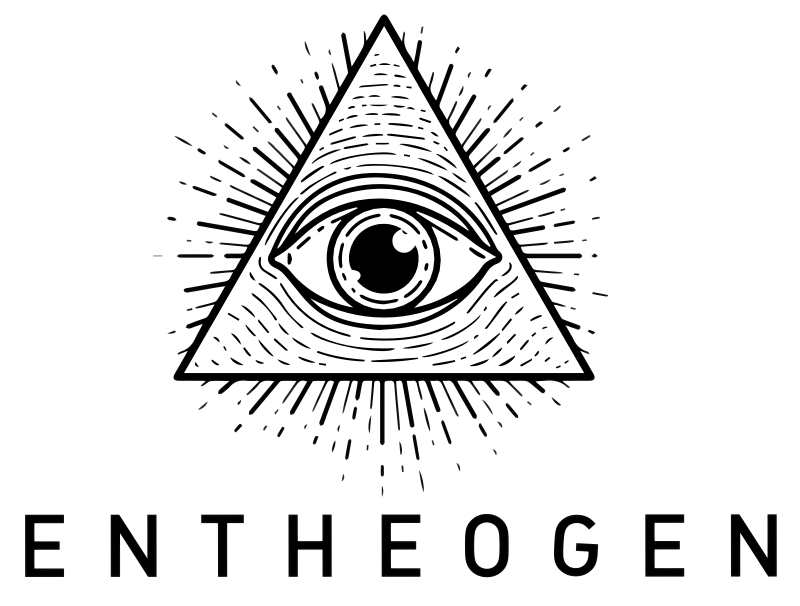This is Entheogen. Elevate the Conversation.
Today is November 5, 2017, and we are discussing Stealing Fire, a book by Steven Kotler & Jamie Wheal.
Find the notes and links for this and other episodes at EntheogenShow.com. Support us on Patreon with a small monthly contribution to help keep the show going. Follow us @EntheogenShow on Twitter and like EntheogenShow on FaceBook. Thanks for listening.
Introduction
In more contemporary terms, the Eleusinian Mysteries were an elaborate nine-day ritual designed to strip away standard frames of reference, profoundly alter consciousness, and unlock a heightened level of insight. Specifically, the mysteries combined a number of state-changing techniques—fasting, singing, dancing, drumming, costumes, dramatic storytelling, physical exhaustion, and kykeon (the substance Alcibiades stole for his party)—to induce a cathartic experience of death, rebirth, and “divine inspiration.”
Swiss chemist Albert Hofmann and Harvard-trained classicist Carl Ruck argued that the barley in kykeon might have been tainted with an ergot fungus. This same fungus generates lysergic acid (LSA), a precursor to the LSD that Hofmann famously synthesized in his Sandoz pharmaceutical lab. — Excerpt from Stealing Fire
Part One - The Case for Ecstasis
Chapter 1: What Is This Fire?
Chapter 2: Why It Matters
Chapter 3: Why We Missed It
“The alternative is unconsciousness, the default setting, the rat race, the constant gnawing sense of having had, and lost, some infinite thing.” —David Foster Wallace
- Entheogen’s take on the book: “We like it.”
- Debate on how to pronounce the word ecstasis
- Why does “fire” need to be stolen? Why does access to altered states need to be banned?
- How the Navy SEALs train for dynamic subordination, another kind of altered state
- Partying with Eric Schmidt at Burning Man
- Finding “flow” and why it matters
- Signature characteristics of ecstasis: selflessness, timelessness, effortlessness, richness (STER)
- An examining of the word “pale”
- The “state sanctioned triad” of mind altering substances: caffeine, nicotine, alcohol -- what makes these special? What ends does accepting these particular substances serve?
- The institutions that create / endorse stigma: the church and the state
- Are humans already cyborgs? What is truly “unnatural” anyway? If humans are beings of nature, is anything that humans create also natural?
- How altered states are directly related to evolution of humans as well as certain plants and other animals (like French Bulldogs)
- The current and historical balance of individualism vs. collectivism, and its impact on the proliferation and acceptance of certain types of altered states




